Application of various techniques, methods, and tools to interpret, process, and draw meaningful insights from data generated in the field of biomedicine.
Molecular subtyping of cancer
The classification of cancers based on the specific molecular characteristics and genetic alterations present in tumor cells. Molecular subtyping goes beyond the tissue of origin and takes into account the underlying genetic and molecular features that drive the development and behavior of cancer. Molecular subtyping aims to categorize cancers into distinct subgroups based on these molecular characteristics. This classification can provide more accurate information about the prognosis, response to treatment, and potential therapeutic targets for a particular cancer subtype.
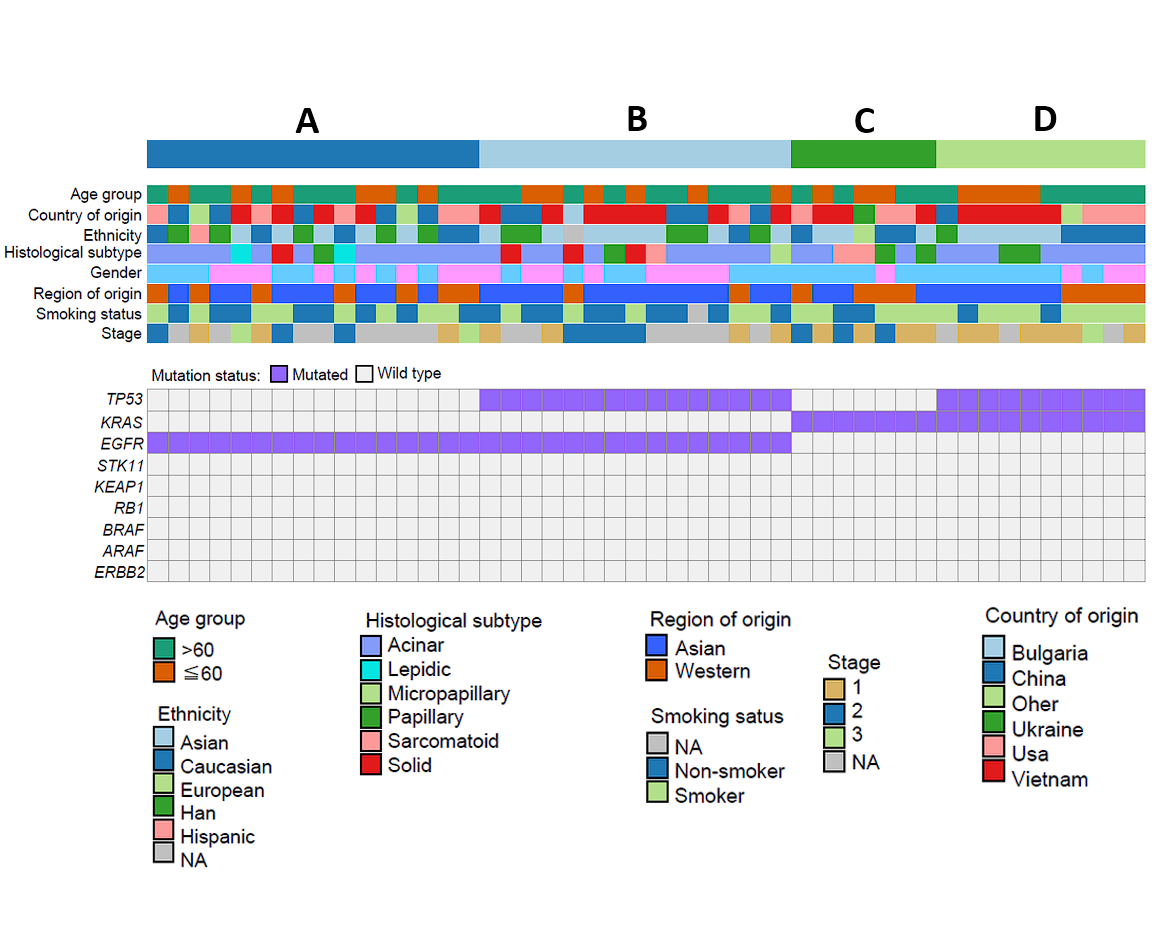
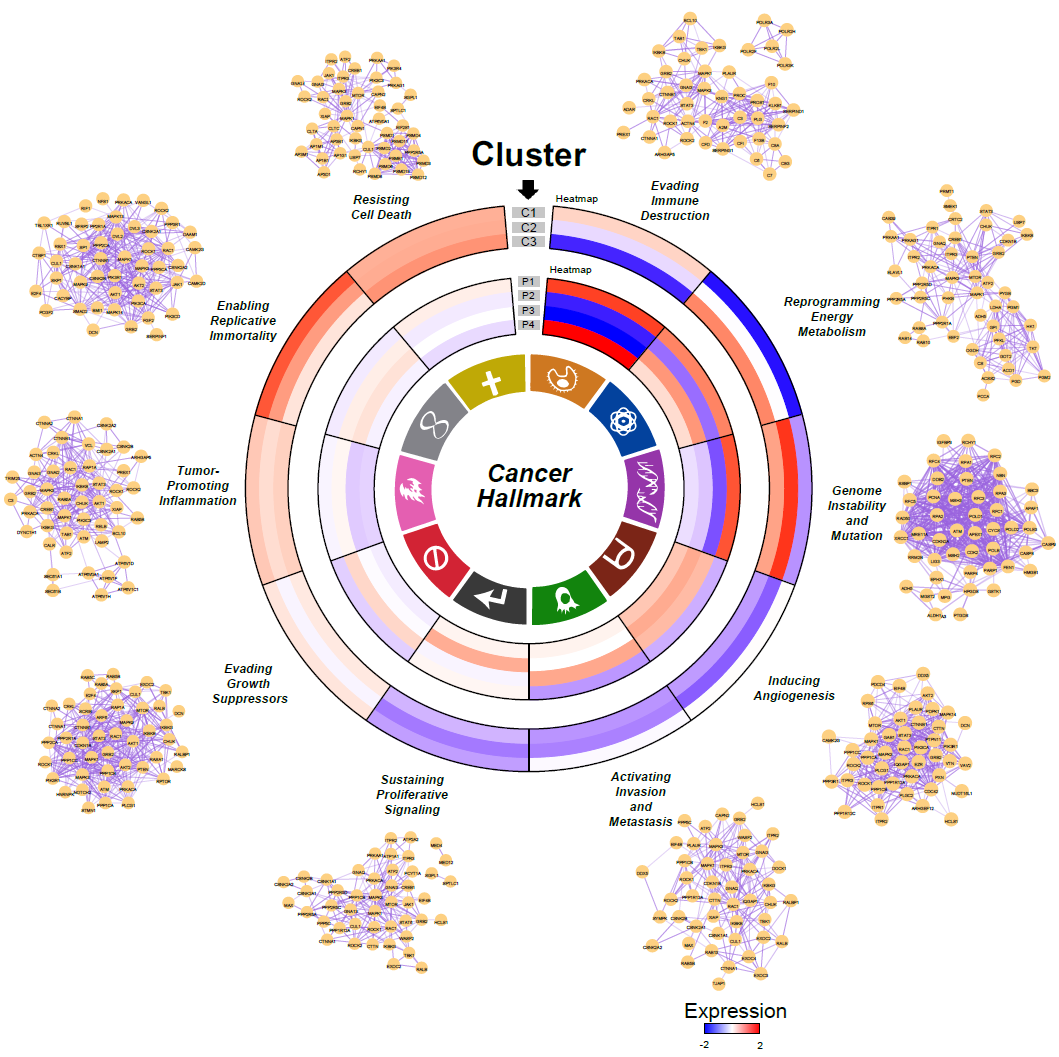
Multi-omics data analysis
Multi-omics data analysis aims to comprehend the intricate interactions and relationships among various biological molecules within a biological system. By integrating information from multiple omics levels, researchers strive to obtain a more holistic and comprehensive understanding of biological processes, pathways, and their regulation. This integrative approach offers insights into the molecular mechanisms underlying diseases, facilitates the identification of potential biomarkers, and informs strategies for personalized medicine.
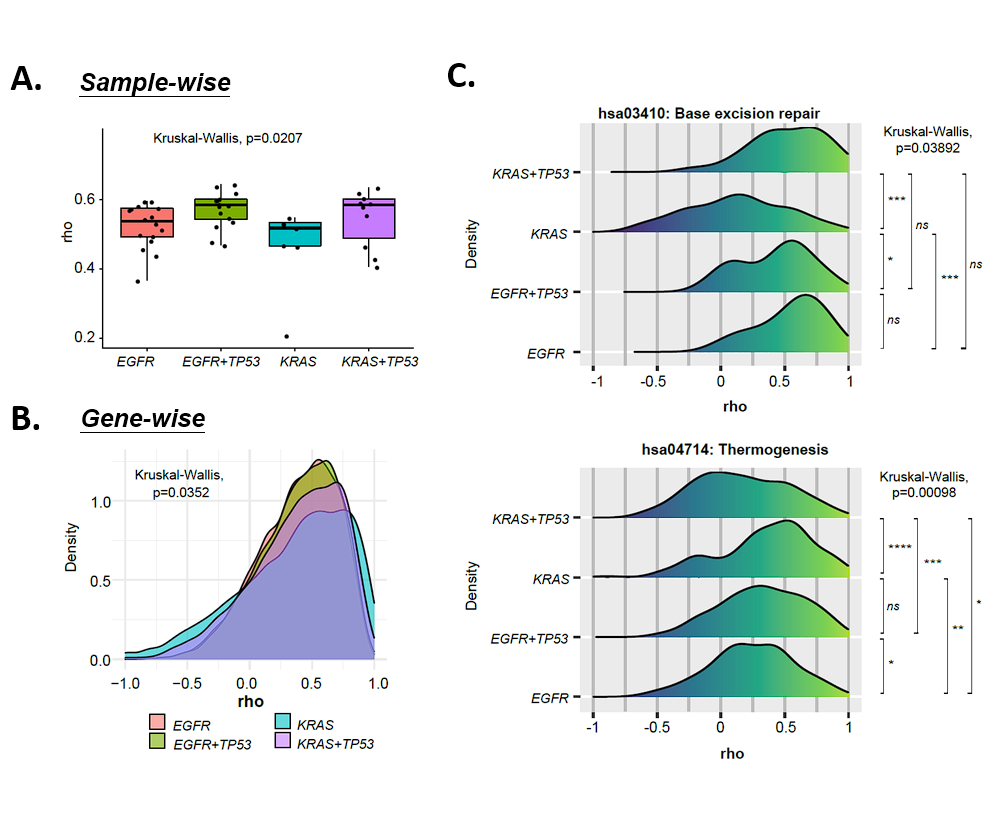
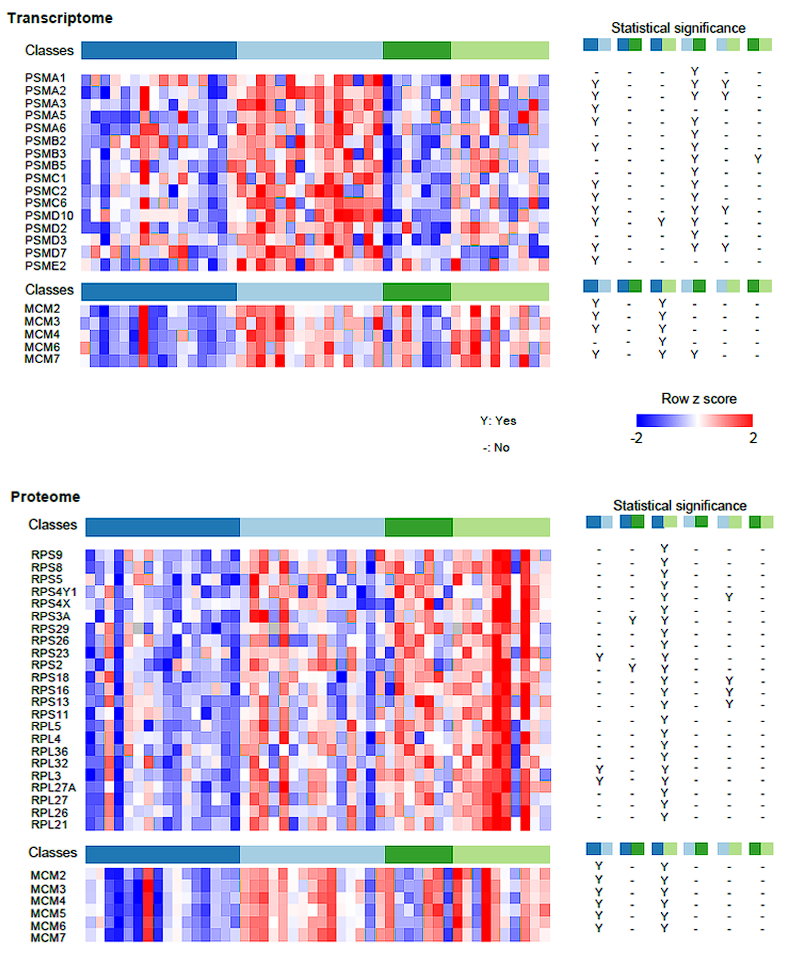
Functional Enrichment Analysis
Functional enrichment analysis is a computational method employed in bioinformatics and systems biology to identify overrepresented biological functions, pathways, or processes within a set of genes or proteins. This analysis aids researchers in interpreting high-throughput genomic or proteomic data, offering insights into the functional significance of a given list of genes or proteins.
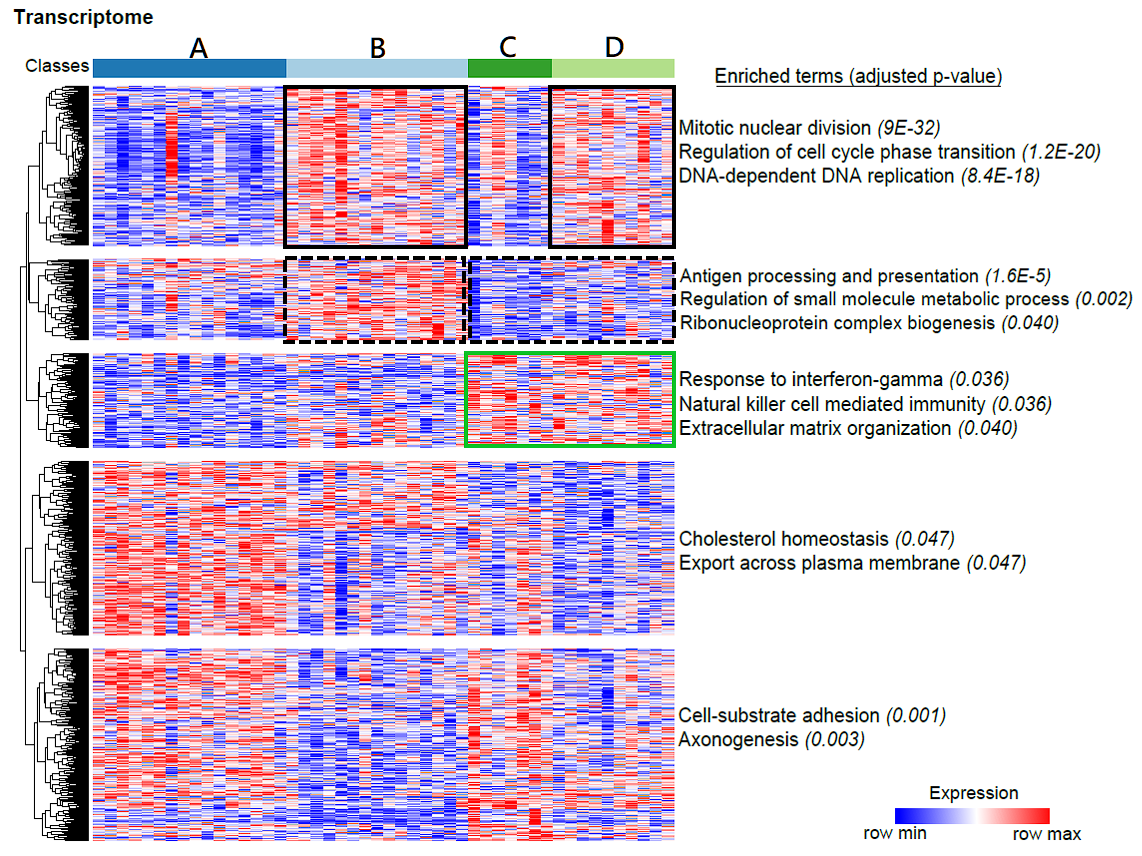
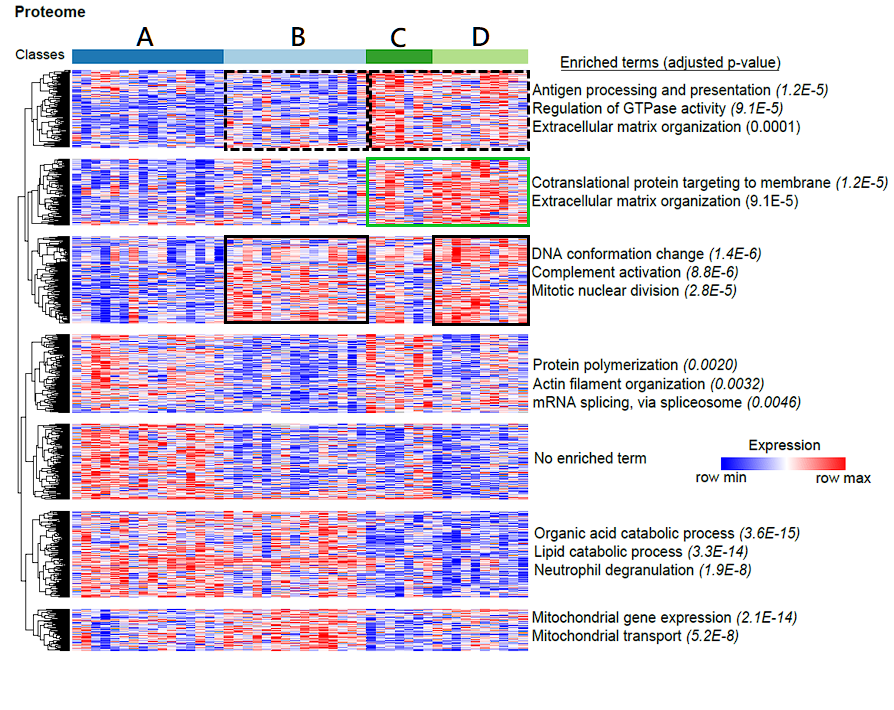
Differential gene expression analysis
Differential gene expression analysis aim to identify genes whose expression levels vary between two or more biological conditions. The goal is to determine which genes are upregulated or downregulated in response to a particular treatment, condition, or experimental manipulation. This analysis is crucial for understanding the molecular mechanisms underlying biological processes, diseases, and responses to various stimuli.
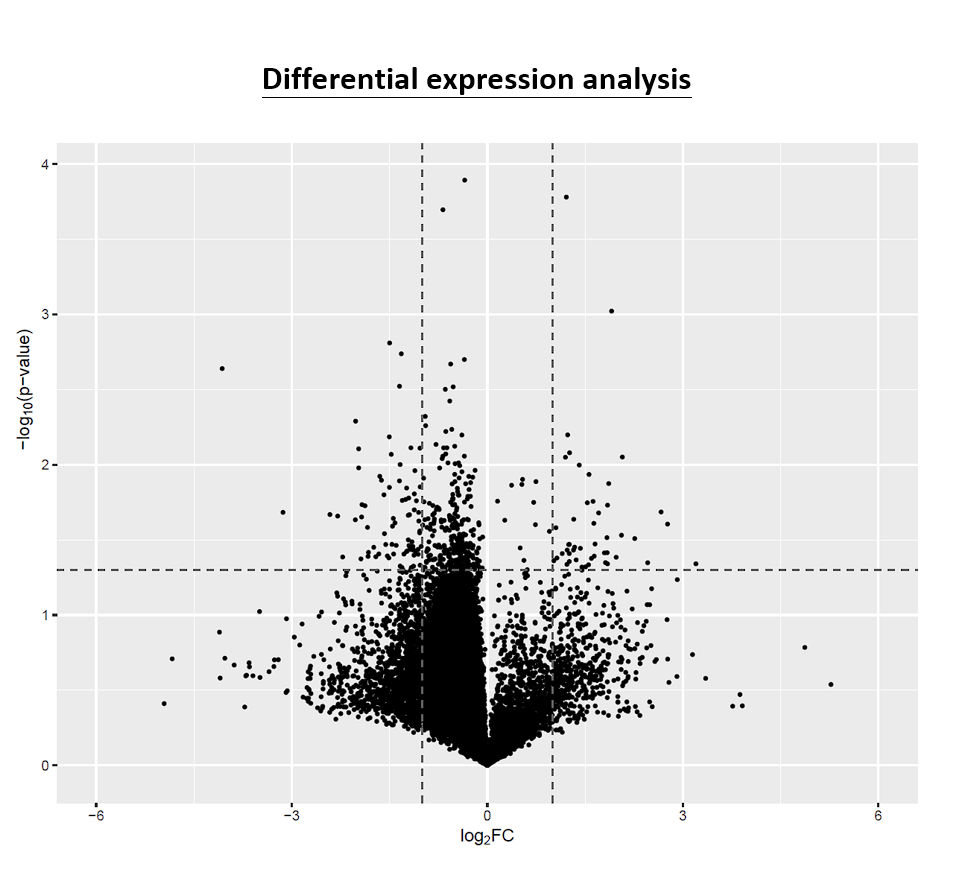

Biomarker prediction model
Biomarkers are measurable indicators of biological processes, disease states, or responses to treatment. The development of prediction models involves analyzing various data types, such as genomics, proteomics, or clinical information, to identify patterns associated with the presence or behavior of specific biomarkers.
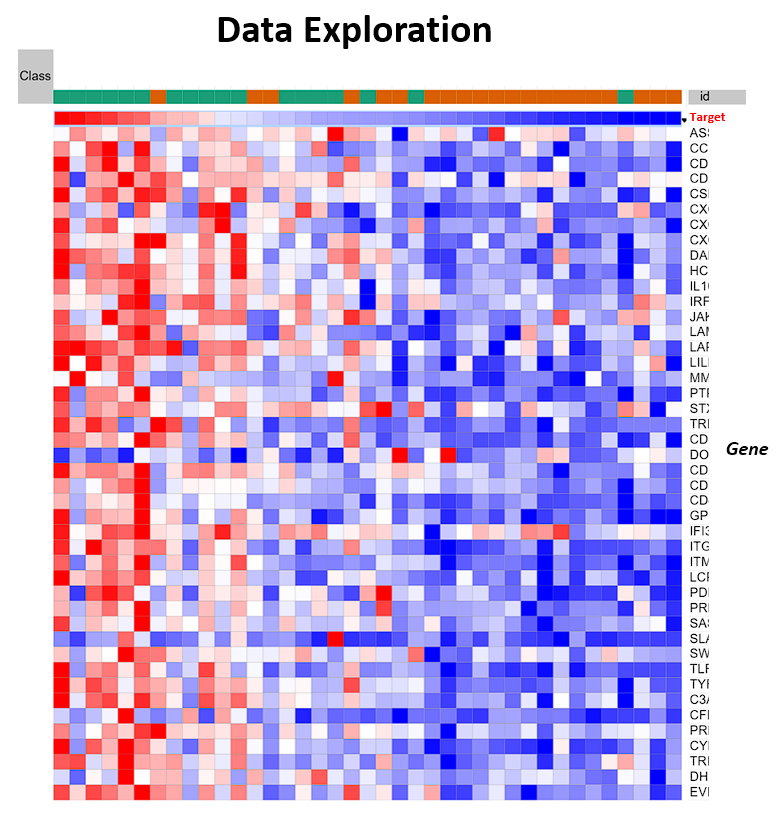
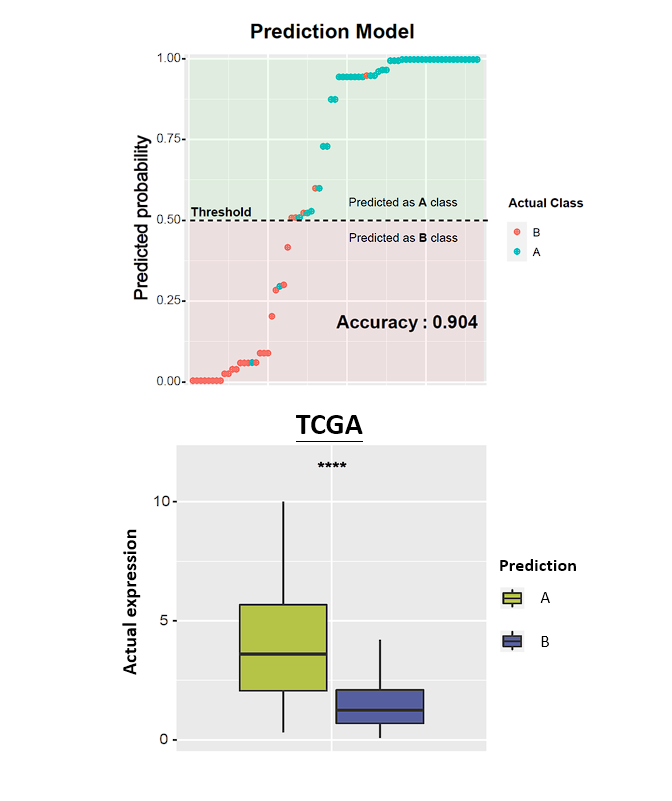
miRNA-Target anlysis
miRNA-Target analysis is crucial for unraveling the regulatory roles of miRNAs in various biological processes, including development, homeostasis, and disease. It provides valuable information for understanding the molecular mechanisms underlying complex cellular functions and has implications for therapeutic interventions, particularly in diseases where miRNA dysregulation is implicated.

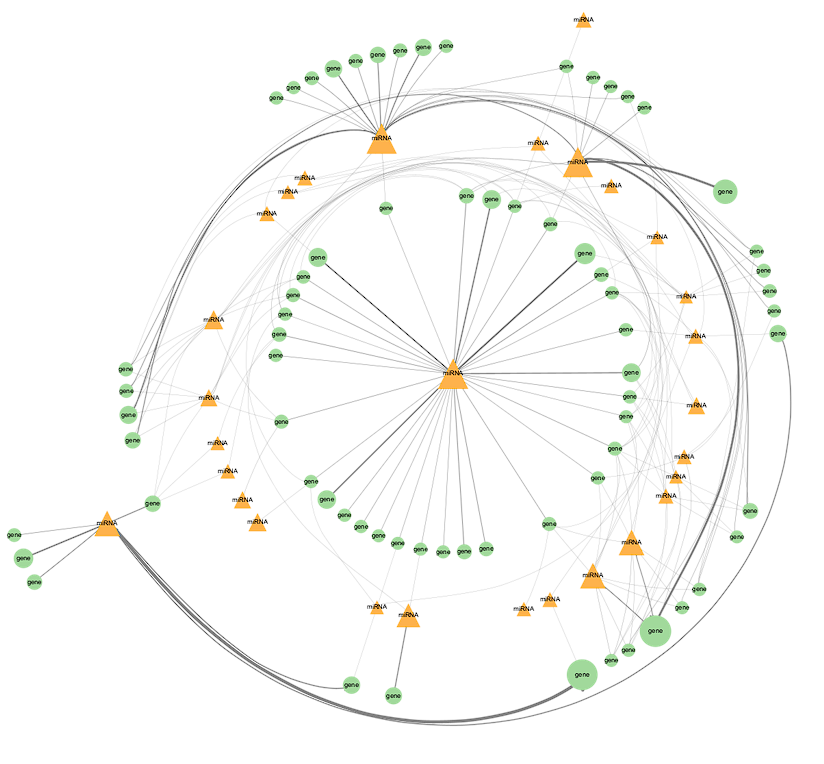
 (Taiwan)
(Taiwan)